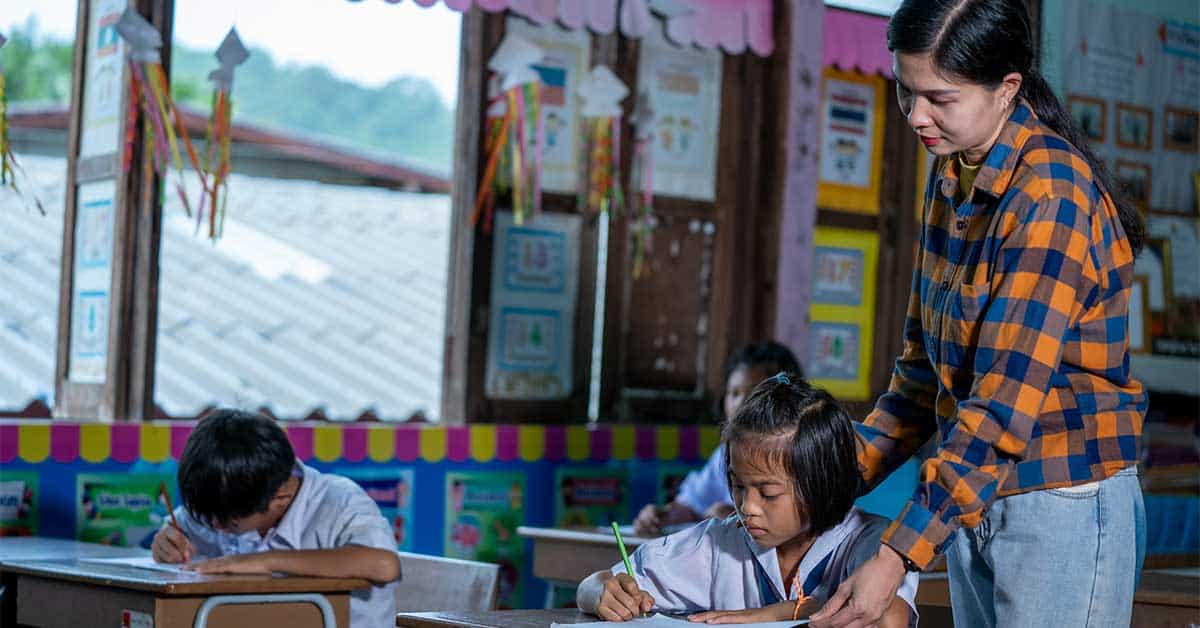Table of Contents
Securing funding for expanded learning opportunities in small rural schools and tribal communities can be daunting. The 21st Century Community Learning Centers (21st CCLC) grant offers a lifeline to schools seeking after-school academic support, cultural enrichment, and youth development programs. However, while the funding is essential, applying for, implementing, and managing the grant is highly intricate and often out of reach for under-resourced schools.
The Challenge of Applying to 21st Century Community Learning Centers
The first hurdle in accessing 21st CCLC funds is the application process itself. Many rural and tribal schools lack the dedicated grant-writing staff to complete the rigorous application, which requires:
· A comprehensive needs assessment detailing educational gaps and student challenges.
· Alignment with federal and state education goals.
· A detailed sustainability plan beyond the five-year grant period.
· A framework for data collection, compliance, and continuous program evaluation.
Combining all these elements while managing day-to-day operations can feel impossible for small schools with limited administrative capacity.
Implementation and Oversight Struggles
Once the grant is awarded, the real work begins. Schools must now launch and manage an expansive program that includes:
· Hiring and training staff for tutoring, cultural education, and student wellness initiatives.
· Coordinating transportation, meal services, and family engagement programs.
· Tracking student progress, attendance, and engagement data to meet federal reporting requirements.
· Collaborating with community partners, tribal organizations, and higher education institutions to enhance student learning opportunities.
The challenge is that many rural and tribal schools lack the personnel to manage the additional workload. Without dedicated grant managers, schools risk non-compliance, inefficiencies, and lost funding opportunities.
The Compliance Burden
Beyond program implementation, 21st CCLC grant recipients must engage in ongoing monitoring, reporting, and evaluation. Schools must submit:
· Federal and state compliance reports on program effectiveness.
· Student achievement data demonstrating academic progress.
· Attendance tracking to prove that students are engaged in programming.
· Financial expenditure reports to ensure funds are being appropriately allocated.
Many schools lack the infrastructure or personnel to handle this level of oversight, leaving them vulnerable to funding cuts, audit findings, or even grant termination.
A Critical Need for Support
Despite these challenges, 21st CCLC funding is critical for small and tribal schools that serve high-need student populations. The programs funded by these grants bridge educational gaps, revitalize Indigenous languages and traditions, and provide students with life-changing opportunities. However, without the right expertise, administrative support, and strategic planning, schools often miss out on funding or struggle with implementation.
Expert guidance can make all the difference for schools and organizations that need help navigating the application process, program implementation, compliance, or sustainability planning. If your school or community needs assistance securing, managing, or sustaining a 21st CCLC program, contact Dr. Christopher Bonn at chris@bonfireleadershipsolutions.com for professional consulting and facilitation.





